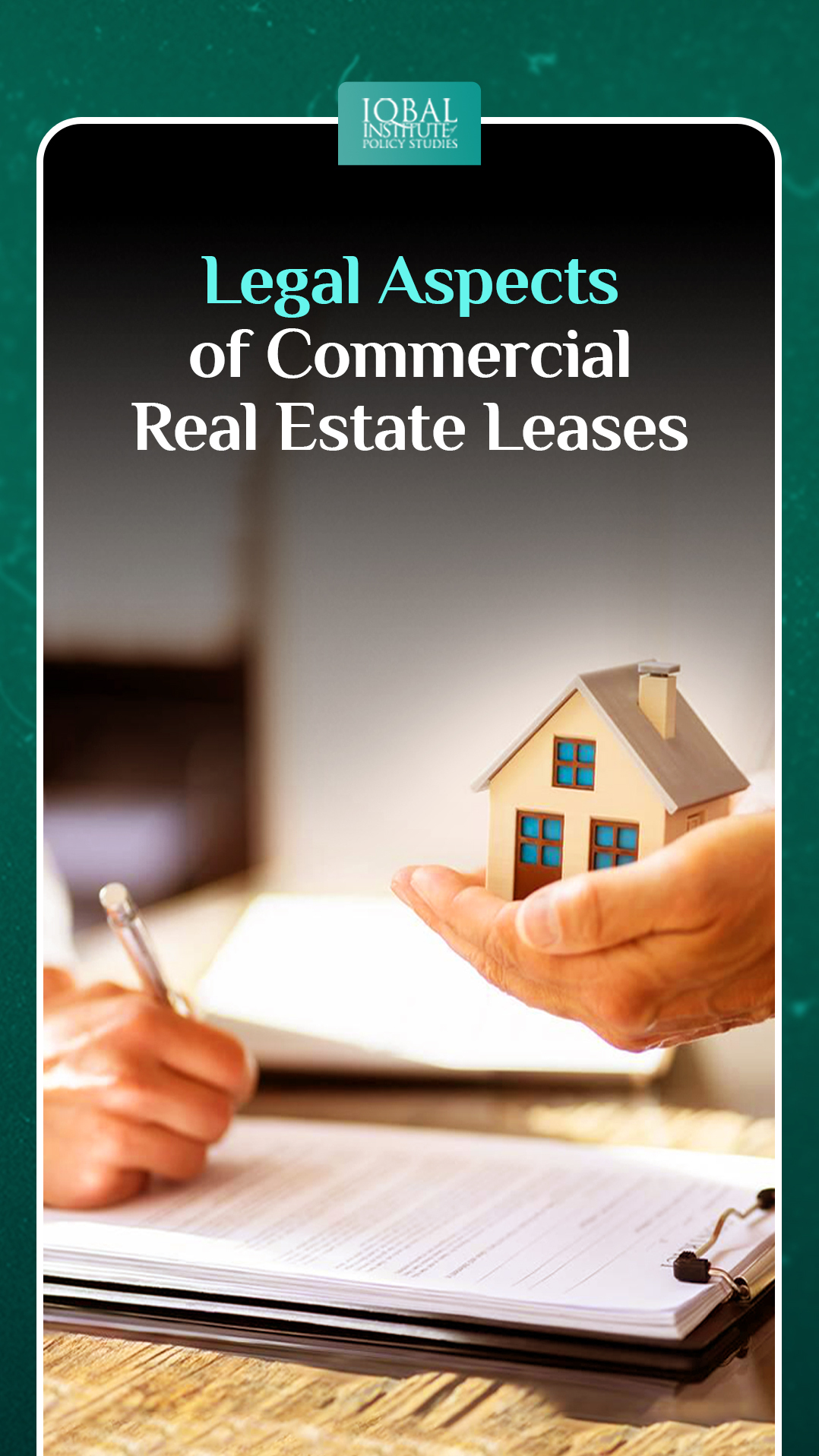Commercial real estate leases play a pivotal role in shaping the dynamics of the business world. Whether you’re a landlord or a tenant, understanding the legal aspects of commercial real estate leases is crucial for safeguarding your interests and ensuring a smooth and mutually beneficial relationship. In this comprehensive guide, we will delve into the key legal considerations that both parties should be aware of when entering into commercial real estate leases.
Types of Commercial Leases
Commercial leases come in various forms, each with its own set of legal implications. The three most common types are gross leases, net leases, and modified gross leases.
Gross Leases
In a gross lease, the tenant pays a fixed rent, and the landlord covers operating expenses such as property taxes, insurance, and maintenance.
Net Leases
Net leases require tenants to pay a portion of or all operating expenses in addition to rent. There are three subtypes: single net lease, double net lease, and triple net lease, each varying in the level of expenses passed onto the tenant.
Modified Gross Leases
These leases strike a balance between gross and net leases, with the landlord and tenant sharing certain operating expenses.
Understanding the nuances of each lease type is essential for both parties to negotiate terms that align with their business objectives.
Lease Terms and Negotiations
Lease terms and negotiations are critical aspects of any commercial real estate transaction. The lease agreement should explicitly outline the rights and responsibilities of both parties. Key elements to consider include:
Duration of Lease
Specify the lease term, renewal options, and conditions for termination. Understanding the duration is crucial for long-term planning.
Rent Structure
Clearly define the rent amount, escalation clauses, and payment frequency. Rent increases tied to the Consumer Price Index (CPI) or fixed percentage are common escalation mechanisms.
Use Clause
Detail the permissible uses of the commercial space to prevent disputes over activities that may violate the terms of the lease.
Improvements and Alterations
Outline the responsibilities for making improvements or alterations to the property. Address whether the tenant needs landlord approval and whether improvements revert to the landlord at the end of the lease.
Maintenance and Repairs
Clearly delineate maintenance responsibilities, specifying which party is responsible for repairs and ongoing maintenance.
Default and Remedies
Establish the conditions that constitute default, the notice period, and the remedies available to the non-defaulting party.
-
Legal Compliance and Zoning
Compliance with local laws and zoning regulations is imperative in commercial real estate leasing. Before finalizing a lease agreement, both parties should:
Confirm Zoning Compliance
Ensure that the property is zoned for the intended use specified in the lease. Zoning violations can lead to legal complications and financial penalties.
ADA Compliance
Confirm that the property complies with the Americans with Disabilities Act (ADA) and other accessibility laws to avoid potential legal issues.
Environmental Regulations
Address environmental concerns and responsibilities, especially in industries prone to hazardous waste or contamination risks.
Building Codes and Regulations
Ensure that the property meets all applicable building codes and regulations to avoid fines and legal challenges.
Lease Drafting and Review
The lease agreement serves as the legal foundation for the landlord-tenant relationship. Both parties should enlist the services of experienced real estate attorneys to draft and review the lease carefully. A well-drafted lease should:
Clearly Define Terms
Avoid ambiguity by clearly defining terms and obligations, reducing the likelihood of disputes.
Include Necessary Provisions
Incorporate relevant provisions such as assignment and subletting clauses, insurance requirements, and dispute resolution mechanisms.
Comply with Applicable Laws
Ensure that the lease complies with federal, state, and local laws, including landlord-tenant laws and regulations specific to commercial real estate.
Anticipate Potential Issues
Address potential issues such as property damage, default scenarios, and exit strategies to mitigate future conflicts.
Due Diligence and Inspections
Before finalizing a commercial lease, due diligence is paramount to identify potential risks and liabilities. Both parties should conduct thorough inspections and investigations, including:
Property Inspections
Assess the physical condition of the property to identify any necessary repairs or maintenance.
Title Searches
Verify the property’s title to ensure there are no liens or encumbrances that could affect the lease.
Financial Audits
For tenants, especially in triple net leases, conduct financial audits to ensure transparency and accuracy in operating expense pass-throughs.
Environmental Assessments
In industries with potential environmental risks, conduct environmental assessments to identify and address any issues.
Conclusion
Navigating the legal aspects of commercial real estate leases requires diligence, attention to detail, and a deep understanding of the complexities involved. Both landlords and tenants should engage legal professionals with expertise in real estate law to guide them through the negotiation, drafting, and execution of lease agreements. By investing time and resources in understanding and addressing these legal considerations, parties can build a solid foundation for a successful and mutually beneficial commercial real estate relationship.
This article is written by Radma Nouman. Radma is a research analyst at the Iqbal Institute of Policy Studies (IIPS).



Leave a Reply